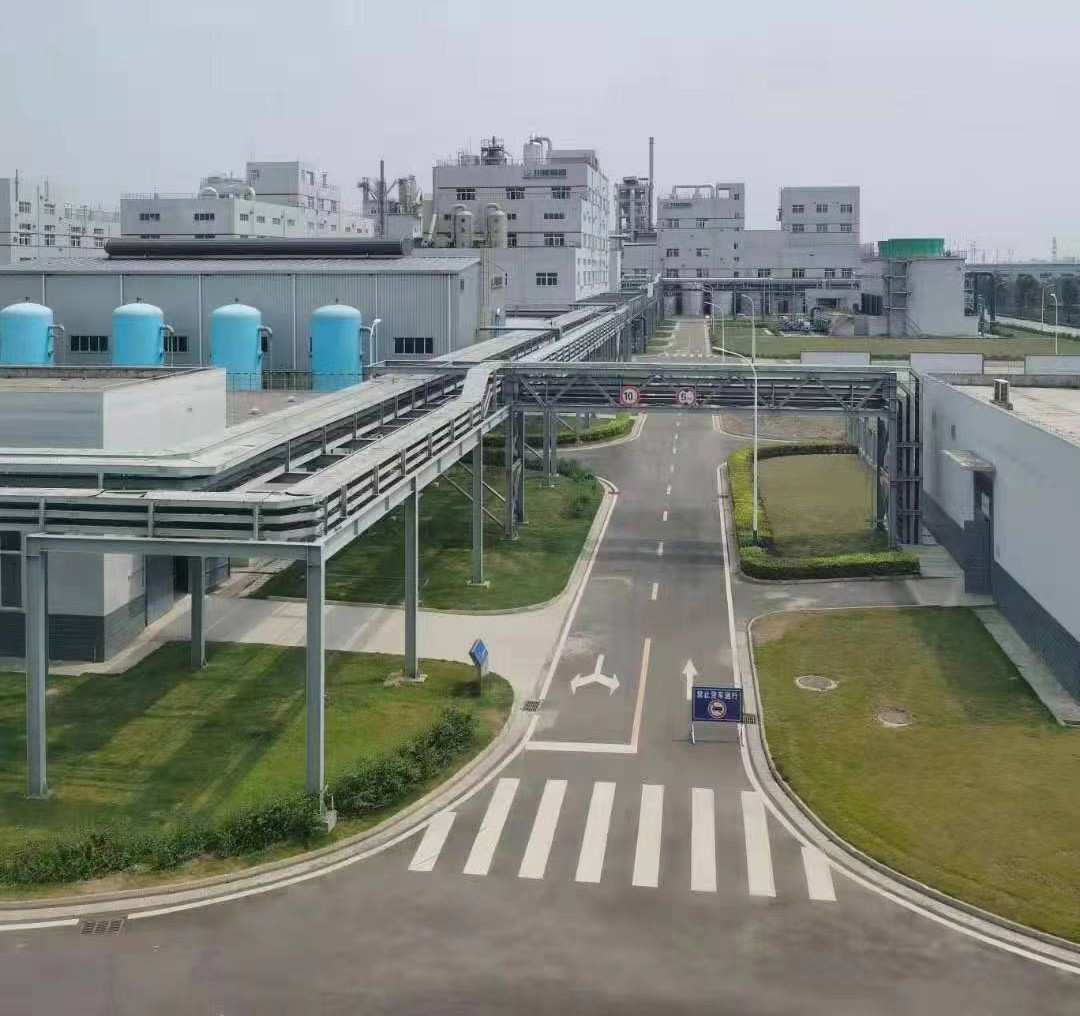Adoption of sodium batteries may impact the development of the lithium industry
Dec,26,23
Recently, the popularization and application of sodium batteries have gradually come into people's view: Swedish battery maker Northvolt said it has made important breakthroughs in sodium battery production technology, Chinese electric car maker BYD signed a $1.4 billion agreement to produce sodium batteries, and China's new energy company Ningde Times also said that sodium batteries will be used in automobiles soon.
Widely stored in rock salt and seawater around the world, sodium is abundant and inexpensive, and has huge potential for use in areas such as energy storage and electric vehicles, potentially impacting the lithium industry. Although the current sodium battery energy density is low, is not yet suitable for large electric vehicles, but has been gradually applied in the shorter range of low-end electric vehicles and energy storage devices in the power grid. According to Bloomberg estimates, by 2035, the production of sodium battery applications will lead to a reduction of 272,000 tons of lithium demand.
The changing structure of batteries has profoundly affected the price trend of metals. Nickel and cobalt, considered to be chronically scarce metals a few years ago, have seen demand drop significantly due to their reduced use in batteries. a widespread boom in lithium's use in 2022 led to a spike in prices, but with weak demand for electric vehicles and the emergence of alternatives to sodium, the outlook for its development remains to be seen. Materials experts say sodium production applications could help improve lithium's supply-demand balance and mitigate sharp price swings. In addition, the success of sodium batteries also lies in its ability to extend the life cycle, the current average life of lithium batteries is 7,500 charge cycles, while sodium batteries for 5,000 charge cycles.






